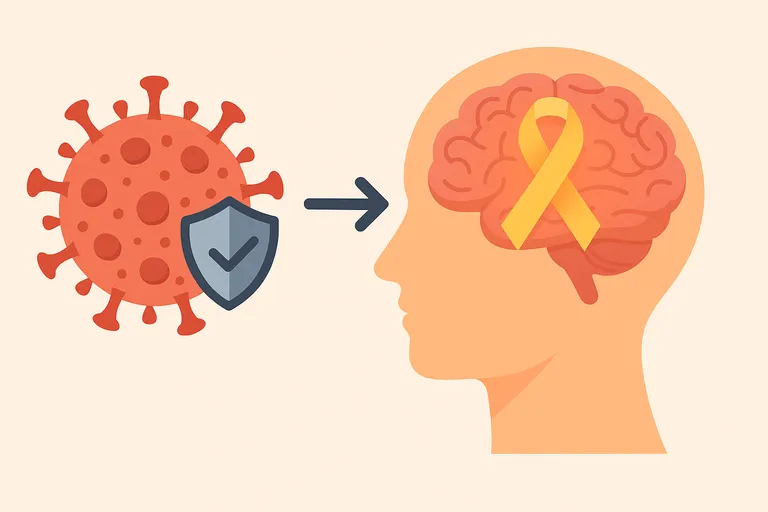A New Hope in Alzheimer's Prevention
In a groundbreaking revelation, scientists have discovered that the herpes vaccine may significantly reduce the risk of developing Alzheimer's disease. The finding offers new hope to millions and reinforces the potential of preventive medicine in combating neurological conditions.
The Study
Recent data shows that individuals vaccinated against the herpes simplex virus (HSV) have up to a 20% lower risk of developing Alzheimer's disease. The study followed thousands of participants over several years and analyzed health records to understand the long-term effects of the herpes vaccine on brain health.
Why It Matters
Alzheimer’s disease affects over 6 million Americans and countless more worldwide. Despite extensive research, effective prevention strategies have remained elusive—until now. This study suggests a promising link between controlling viral infections and lowering the chances of neurodegenerative disorders.
Scientific Explanation
Researchers believe that herpes viruses may contribute to brain inflammation and the buildup of amyloid plaques—hallmarks of Alzheimer's. By preventing herpes outbreaks through vaccination, inflammation is reduced, and the cascade of harmful effects may be halted or delayed.
Looking Ahead
This breakthrough highlights the importance of vaccination not only in preventing infections but also in protecting long-term brain health. Experts recommend continued research and clinical trials to confirm the findings and potentially expand herpes vaccination programs.
“This could be the beginning of a new era in Alzheimer’s prevention,” says Dr. Lydia Hamilton, lead neurologist on the research team.
By ✍️ Tammy Castillo - MicuPost Team
Sources:



